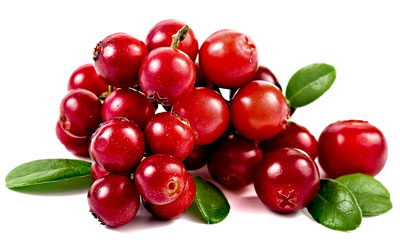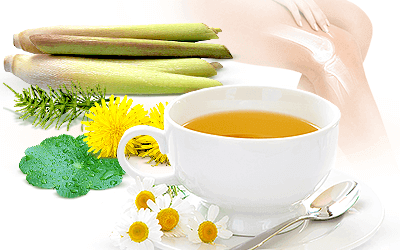American recipes featuring cranberries date back as far as the 18th century.1
It's fair to say that cranberry (Vaccinium oxycoccos) is an underrated medicinal herb. The fruit of North American origin was used hundreds of years ago to treat all sorts of health issues, including urinary, oral, and stomach infections. Although scientific studies have validated most of these uses, many people think of cranberries only as a festive fruit to be enjoyed around Thanksgiving. This is an unfortunate disregard of the fruit's medicinal properties and the benefits that increasing your cranberry consumption year-round could provide.
1. Cranberries Prevent Urinary Infections
Perhaps the most common medicinal property associated with cranberries relates to their effects on urinary health. While it is unlikely that cranberry juice alone can treat urinary tract infections once they already started, it can stop them from occurring in the first place by preventing bacteria that cause infections, such as E. coli, from attaching to the walls of the bladder and other parts of the urinary tract.
2. Cranberries Boost Immunity
Cranberries contain high amounts of vitamin C and substances called proanthocyanidins, which have boosting effects on the immune system. This way, cranberry consumption can make the body's defense system more prepared to fight infections caused by opportunistic pathogens.
3. They Boost "Good" Cholesterol
Consuming cranberry juice may also boost the absorption of high-density lipoproteins (HDL), also known as "good cholesterol" in the body, although the mechanism behind these properties are not fully understood. HDL levels can minimize the effects of low-density lipoproteins (LDL), or "bad cholesterol," which lowers the risk of cardiovascular diseases.
4. Cranberries Reduce the Risk of Gum Disease
Cranberry juice inhibits bacteria from attaching to the teeth surface, which slows down the development of dental plaque. This can reduce the risk of gum disease, of which dental plaque is a major cause. In addition, their high vitamin C content can enhance the body's tissue repair functions, which means that cranberry juice can also aid the recovery of those affected by gingivitis.
5. They Prevent Stomach Ulcers
Stomach ulcers are usually caused by Helicobacter pylori, bacteria that infect the stomach. Cranberry juice consumption can help suppress H. pylori infection, thus preventing the development of painful stomach ulcers.
6. Cranberries Are Versatile
Cranberries come in numerous forms, making it easy to increase their daily intake according to one's dietary preferences. This fruit can be easily found dried, frozen, and juiced as well as in tablet, tonic, or syrup form, among others.
The slightly acidic flavor of cranberries means that most juices on the stores come with added sugar to make them more drinkable. That is why reading the labels and selecting natural cranberry products is key. Drinking a glass of cranberry juice with breakfast, serving cranberry sauces with dinner meals, or tossing a handful of fresh cranberries through a savory salad are all easy, enjoyable ways to enjoy them on a more regular basis.
Sources
- Harvard Health Publications, Understanding Cholesterol: The Good, the Bad, and the Necessary
- Harvard T.H. Chan - School of Public Health, Antioxidants: Beyond the hype
- National Center for Complementary and Alternative Medicine, Cranberry
- Oral Microbiology and Immunology, Inhibitory effects of cranberry juice on attachment of oral streptococci and biofilm formation, 2004
Footnotes:
- Wisconsin State Cranberry Growers Association. (2019). Cranberry Fun Facts. Retrieved March 12, 2021 from http://www.wiscran.org/media/155552/cranberries-in-wisconsin-brochure-2019.pdf







